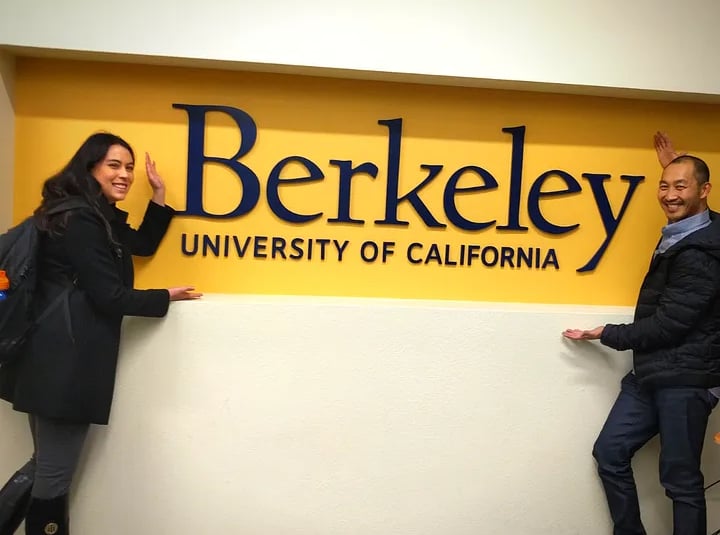What is Excellence?
What is Excellence? Written by Steven Khuong and was originally posted on Medium on July 4, 2020.
Steven Khuong
2/18/20243 min read


This week I stumbled upon a dilemma as I considered my latest talk track for our upcoming all-hands meeting. I wanted to write about excellence and its impact on organizations, especially early-stage startups. What seemed like a simple topic to approach at the onset quickly became a complicated dichotomy, requiring significant deep thinking.
How could this be? The notion of excellence is so commonplace in society that anyone should be able to articulate its meaning, right? After all, schools teach us to strive for excellence. The A grade equates to an “excellent” result, and anything less than that is subpar. Being “excellent” is also the apex in our professional careers, as implied by the great Steve Jobs — “We don’t get a chance to do that many things, and everyone should be really excellent.” As a matter of fact, “excellence” as a positive behavioral trait is also a motto in philosophical history, with Aristotle emphasizing, “We are what we repeatedly do. Excellence, then, is not an act, but a habit.” There seems to be no shortage of ideas or influencers peddling the importance of excellence. However, these anecdotes only point to a desirable outcome, not a meaningful definition.
A quick Google search yielded this description: “Excellence: the quality of being outstanding or extremely good.” Simple enough. But yet the subjectivity didn’t sit right with me. One person’s “outstanding” could be another person’s “mediocre.”
What, then, should be the proper articulation of excellence, if not as a desirable outcome?
If I look into my past for clues, I would argue that my most “excellent” work, both personal and professional, developed from a particular form of creativity, carefree, and seemingly blissful. The process itself expressed a certain level of glory, viscerally felt. It did not warrant external validation. Coincidentally, this same work was also deemed excellent by others judging it. In other words, when I found joy in the process, the outcome was almost always excellent when perceived by others. In contrast, my most (negatively) criticized work has come from projects where I expended the most effort and experienced the most discomfort.
While the notion of being excellent is well-intentioned to inspire us to do better, the act of becoming excellent may also have the opposite effect of creating the sense of pride it’s supposed to instill. In most contexts, when we consider the work we do, we often begin to think about who will ultimately judge the finished product. This idea that we are continually striving to meet someone’s expectation to validate our worth may potentially cause just enough undue stress in the process to unconsciously sabotage of our work.
There is a particular paradox associated with our desire to reach a certain level of greatness and the actual product we develop in the process. Could it be that the act of trying, in itself, is the antithesis of excellence?
Perhaps excellence is not a product, but an innate essence that is waiting to be exposed. Lao Tzu of the famed Tao Te Ching tells us, “The highest excellence is like (that of) water.”
I can’t help but wonder if we’re all conditioned to strive for greatness, rather than be in tune with it. Like water, maybe excellence naturally permeates through what we do if we can simply allow it.
It took me half a dozen hours to create multiple convoluted drafts of this article, trying to meet high expectations entirely conjured at some subconscious level. The moment I told myself not to give a **** about what someone else might think of this, I found a flow and finished my final draft in about an hour. How excellent this article is will be debated. But it felt good to finally produce it with fluidity and joy vs. grind and grit.




